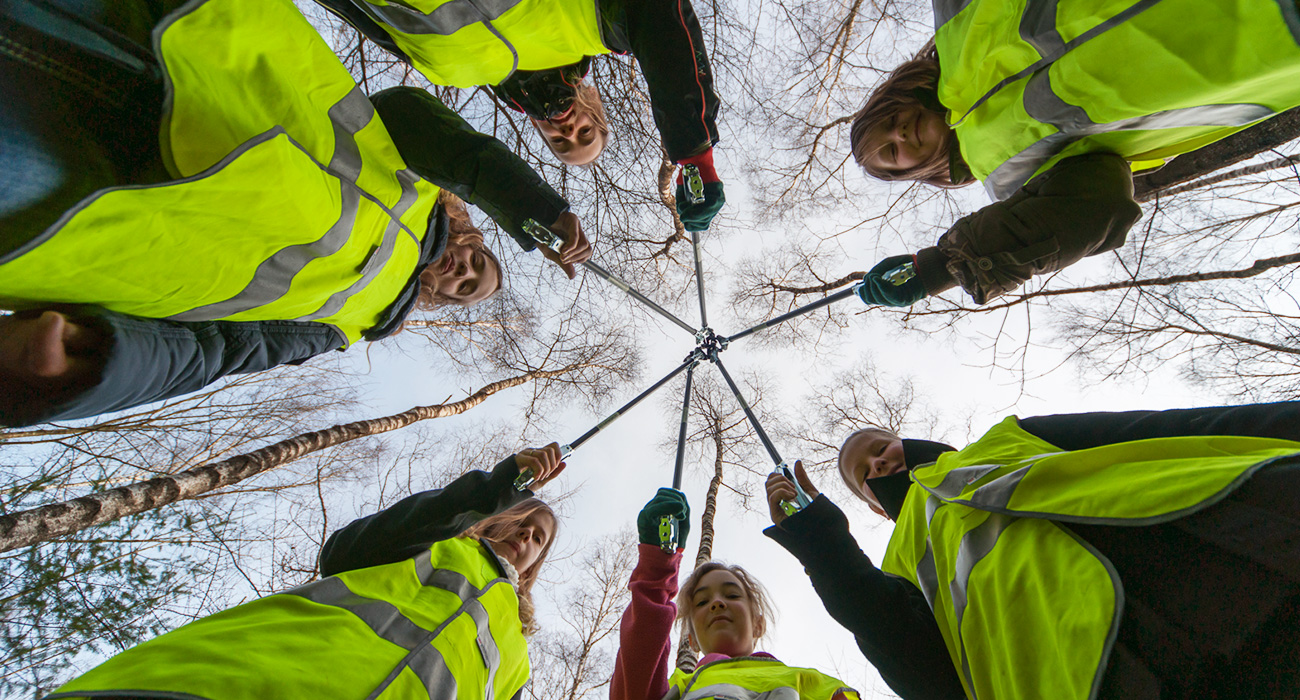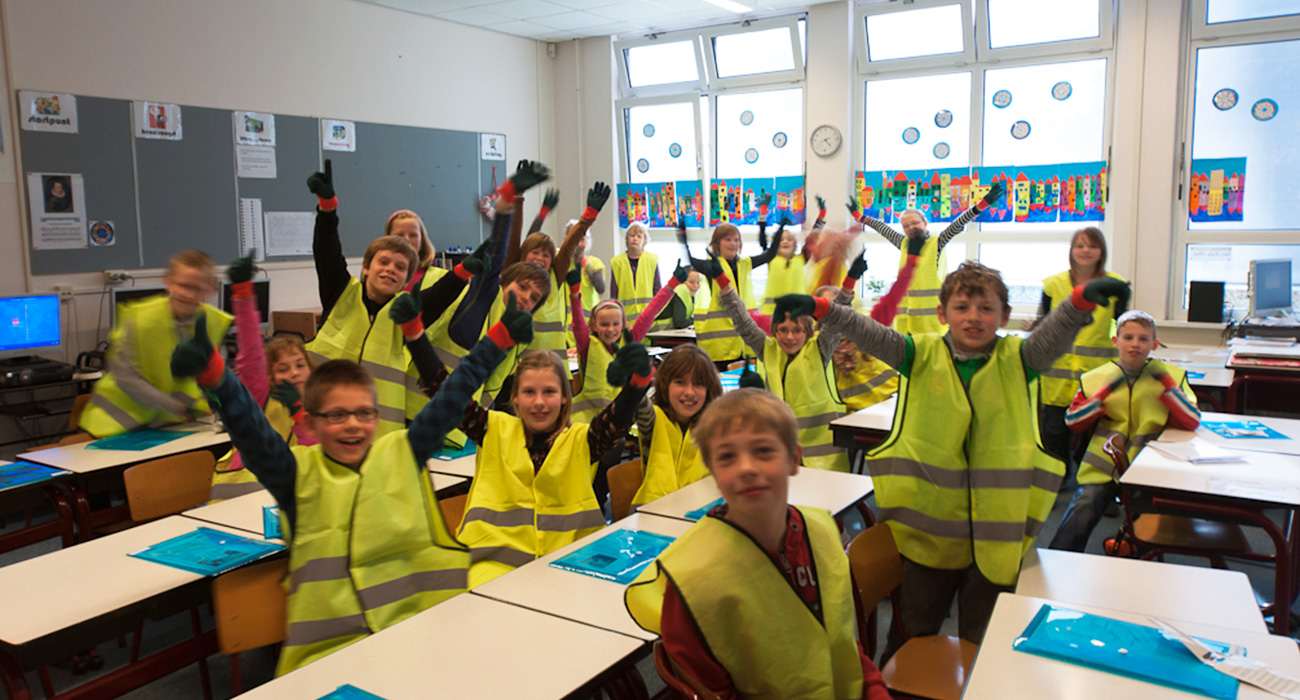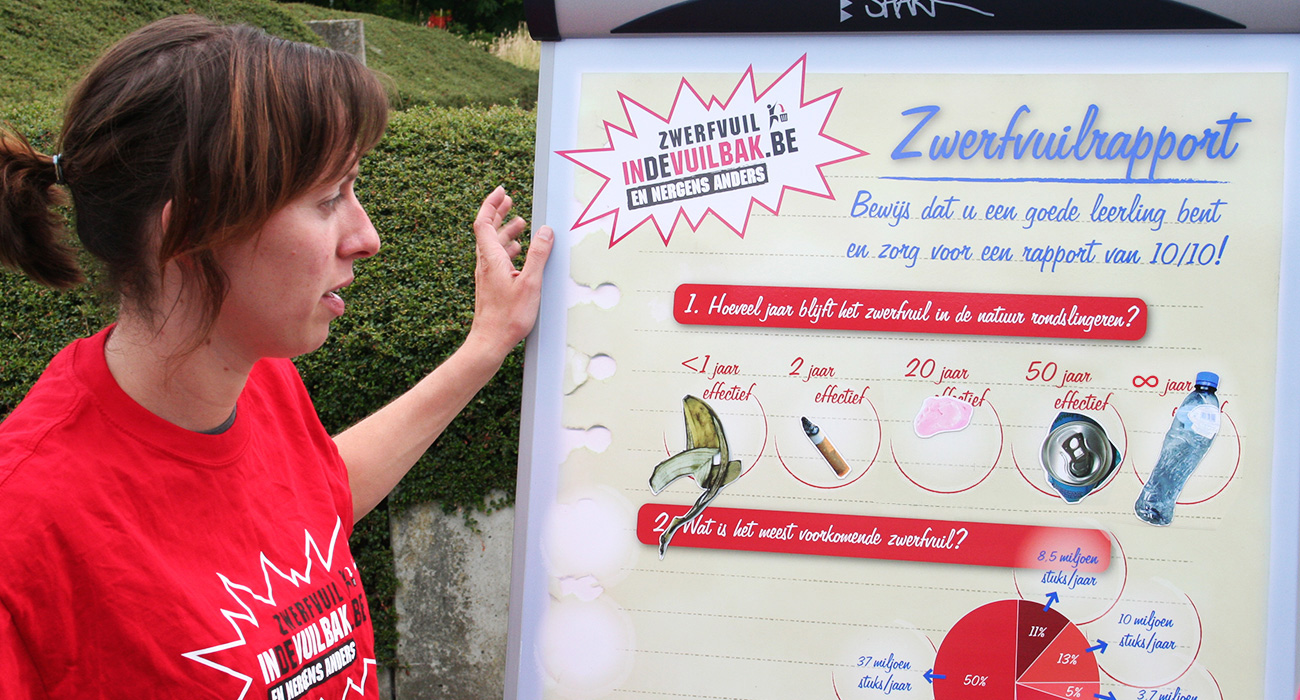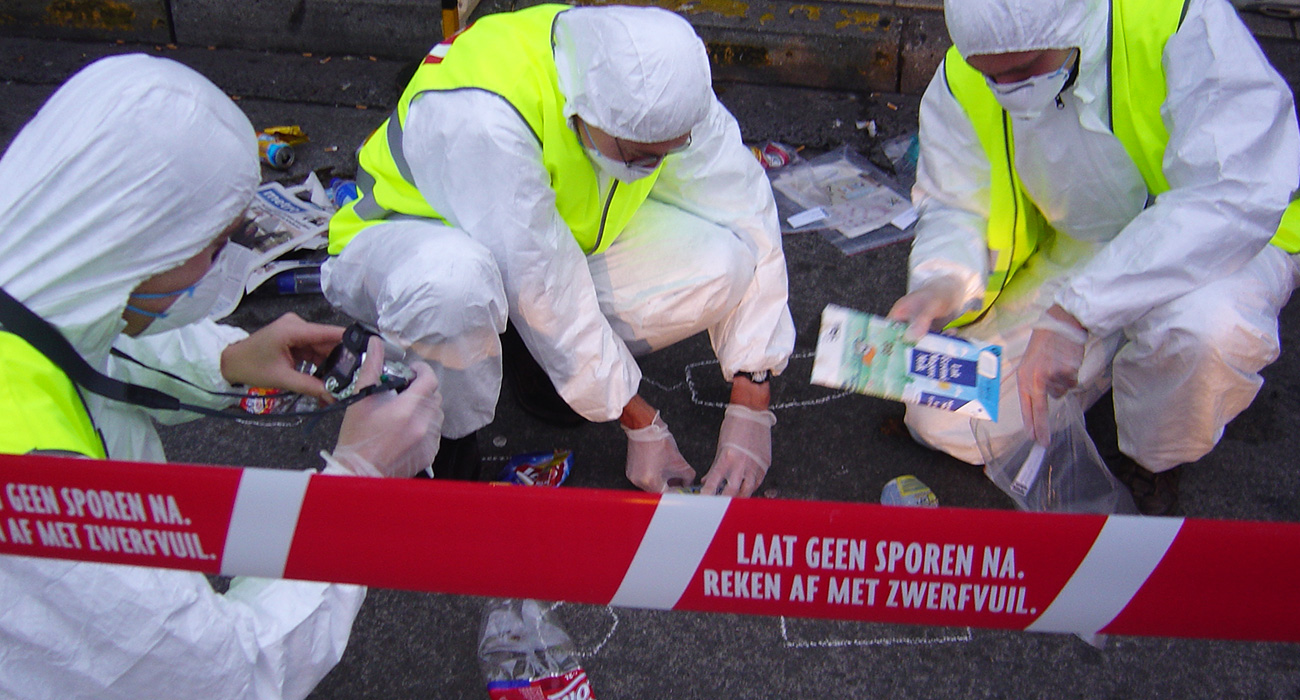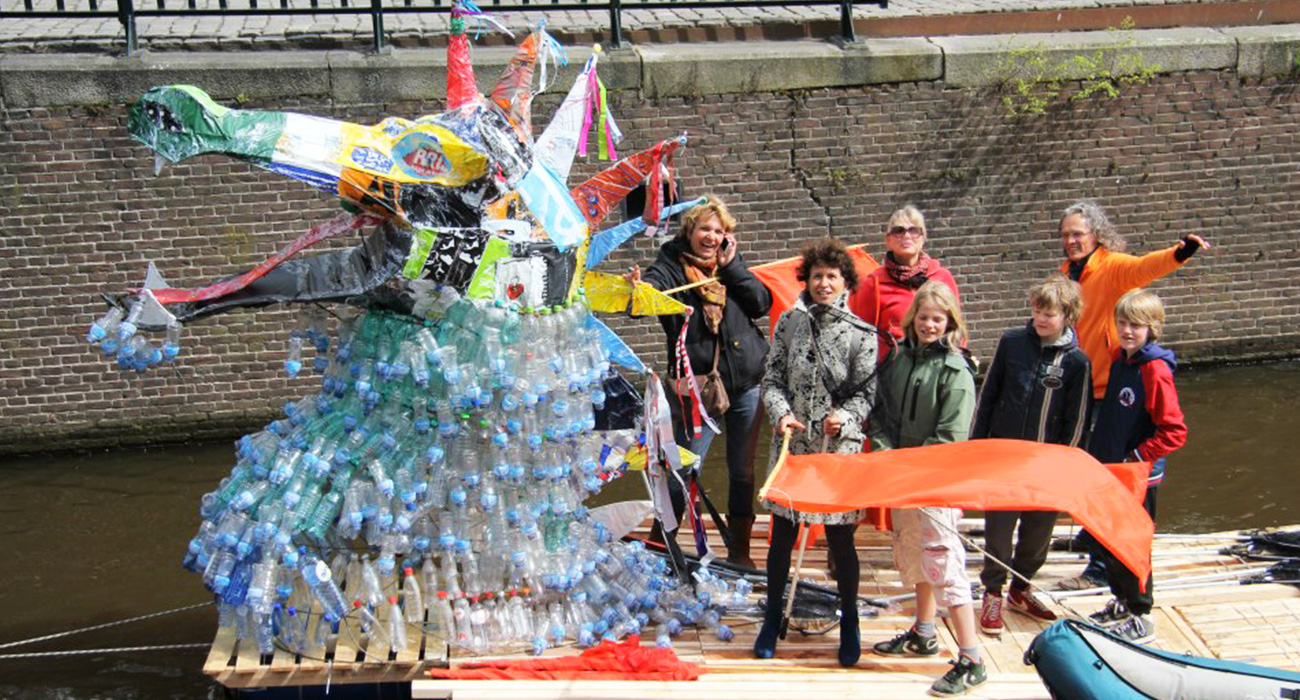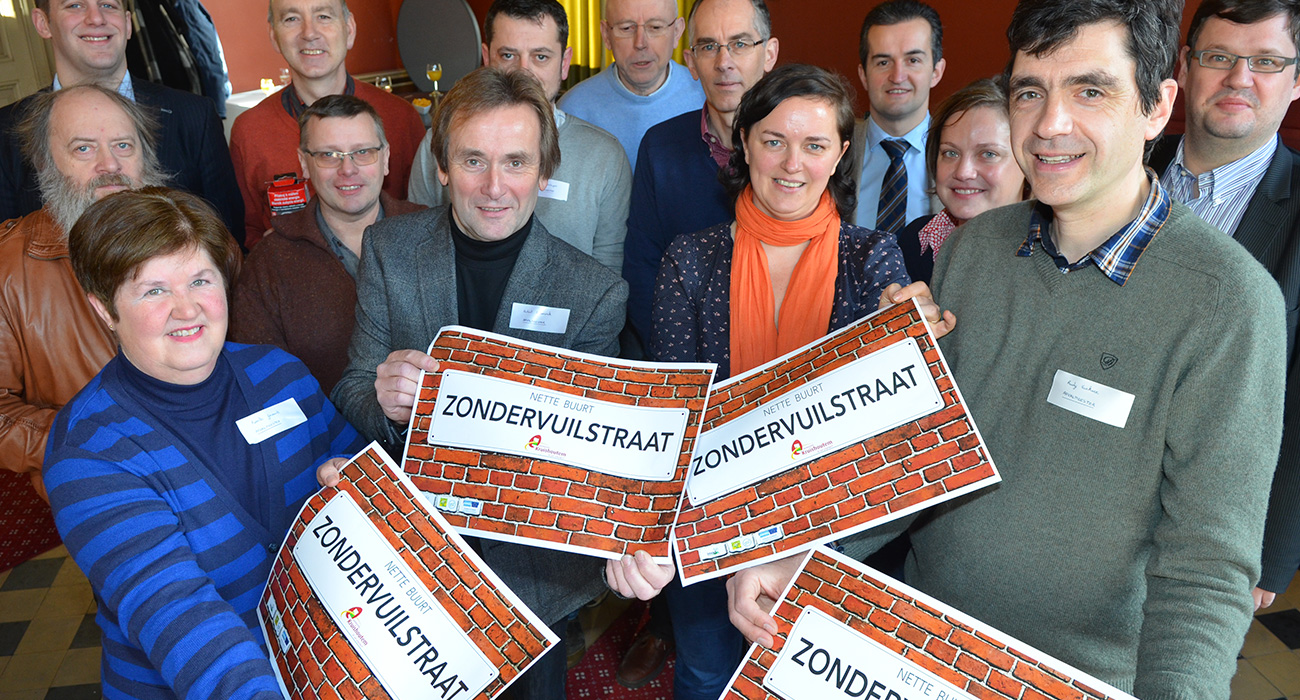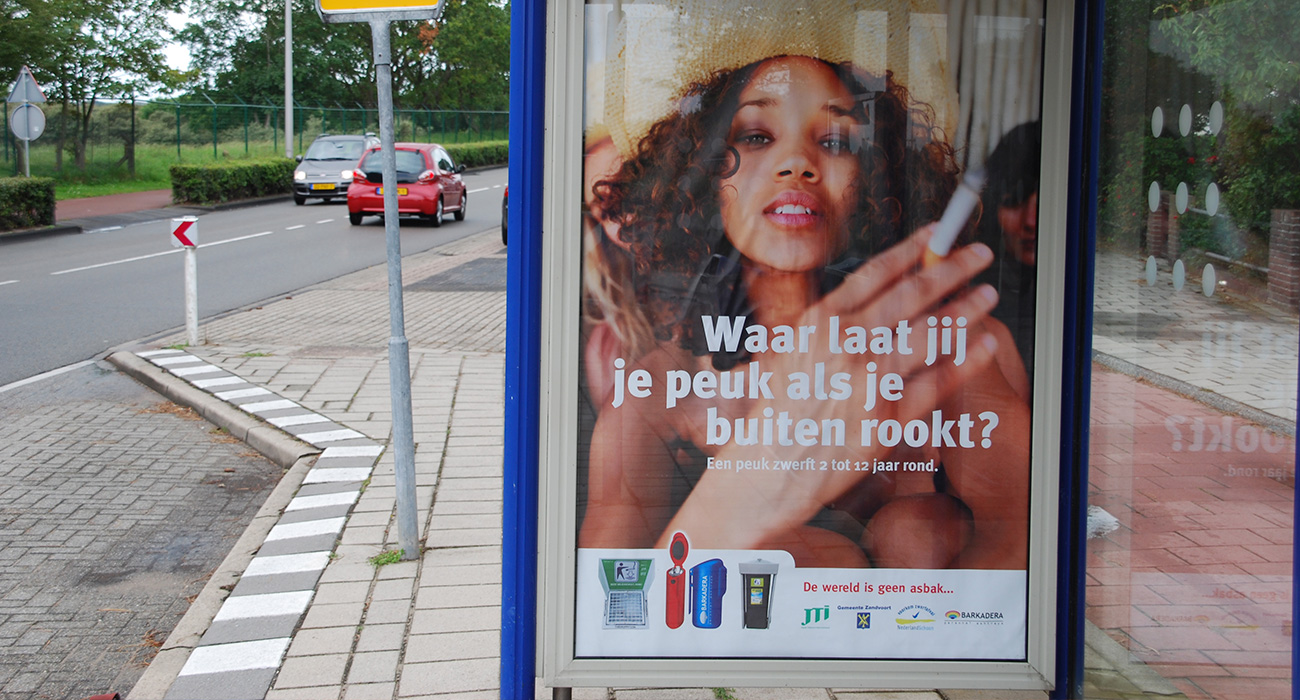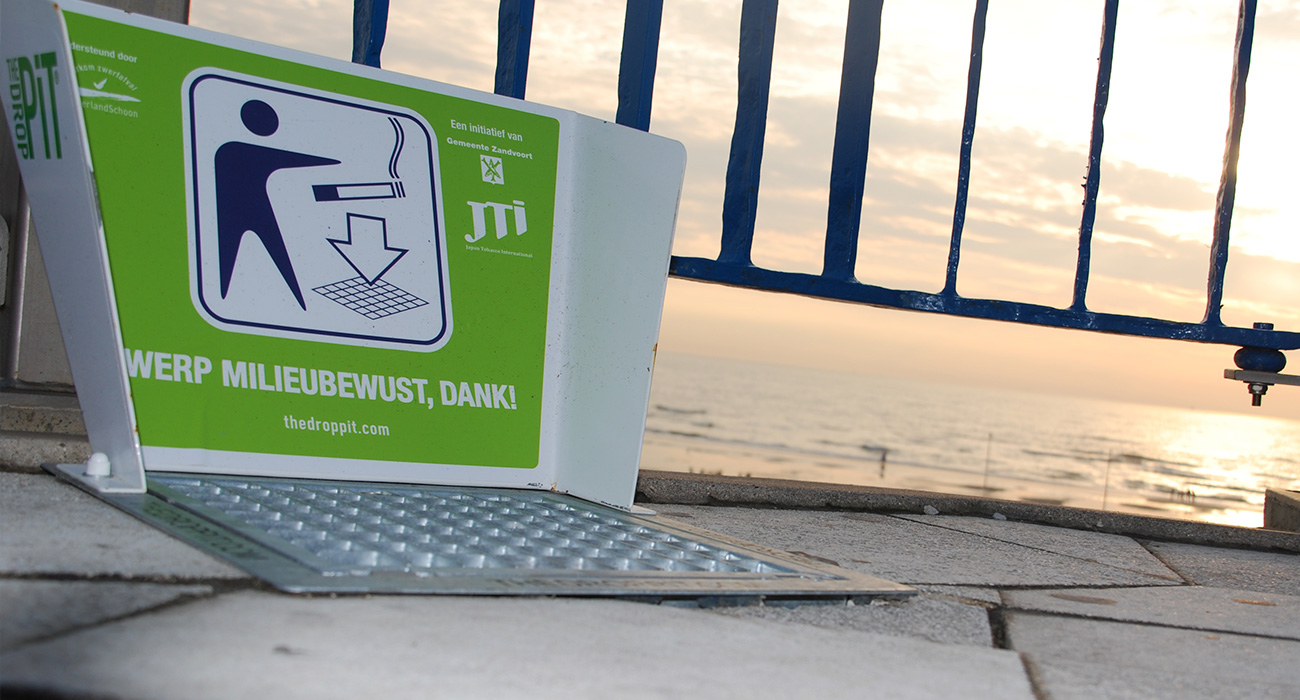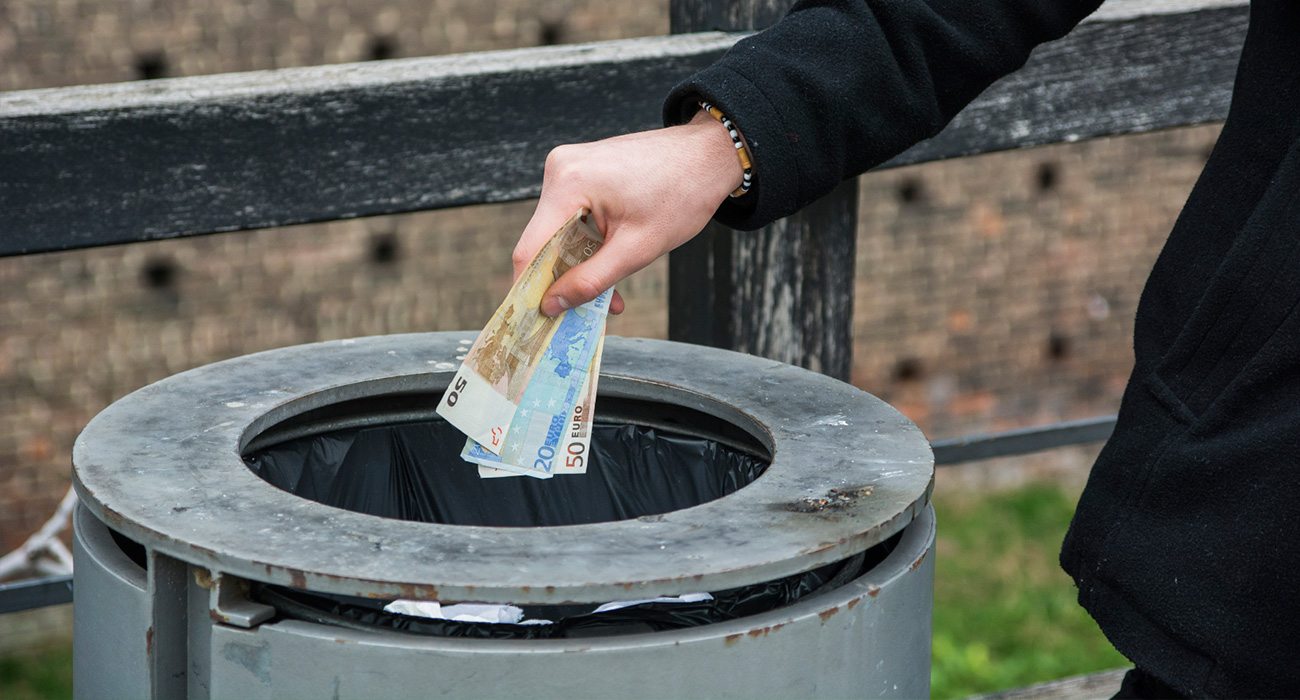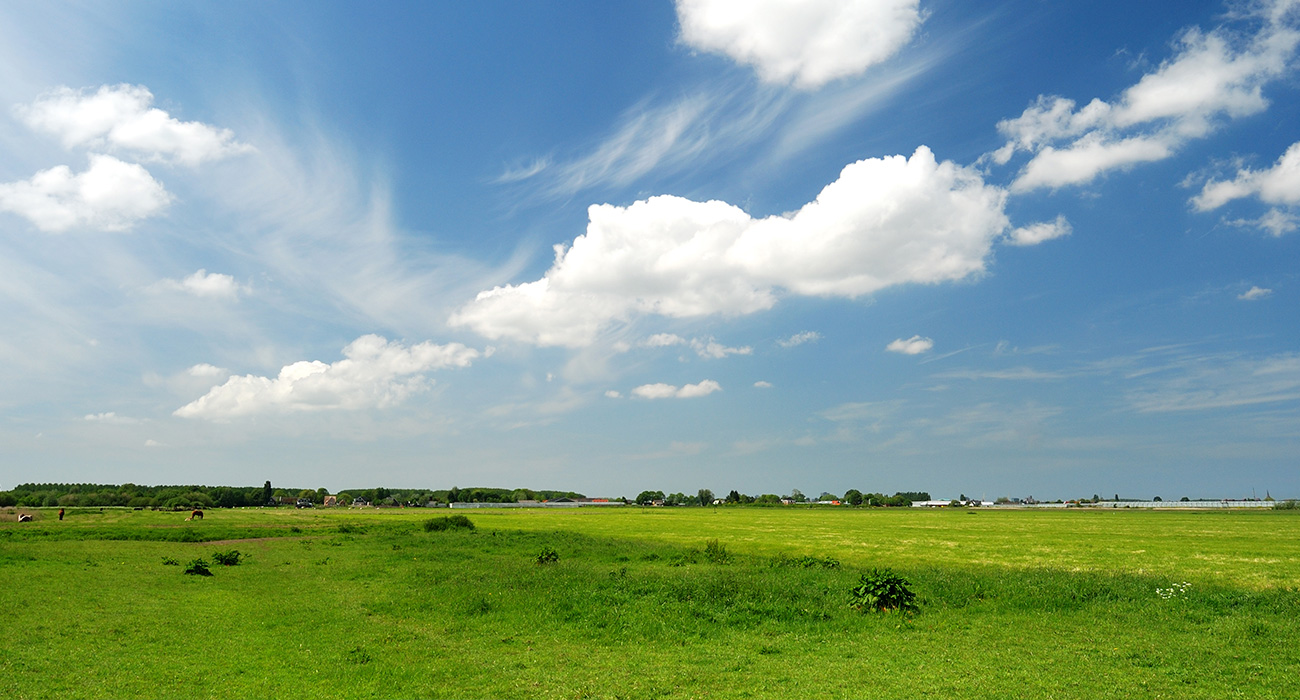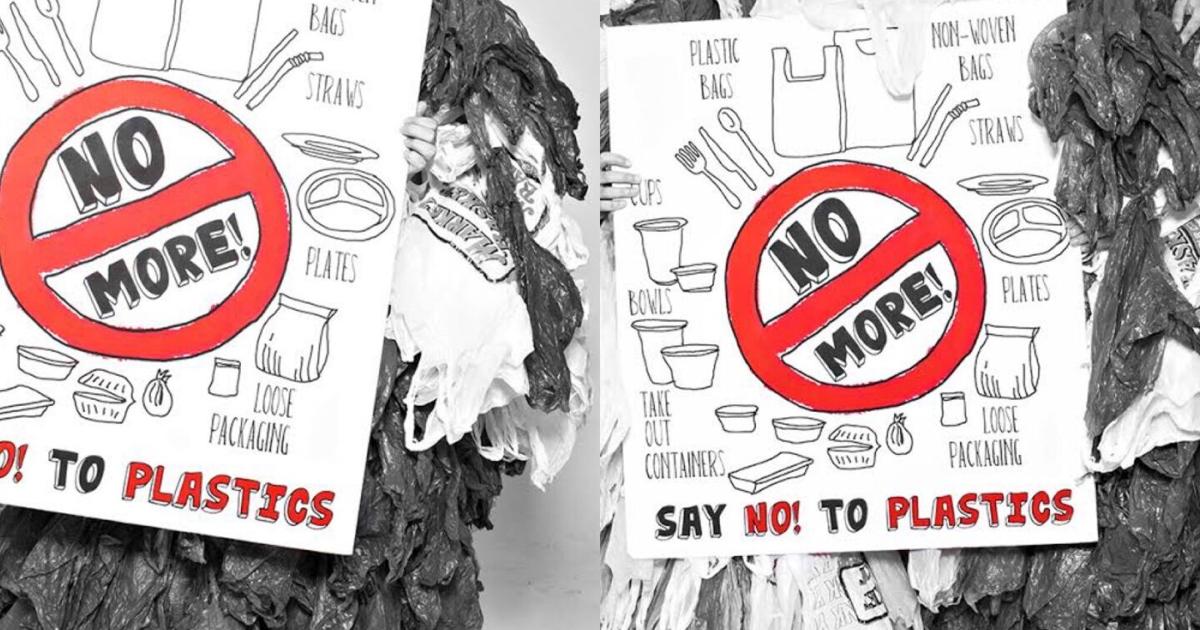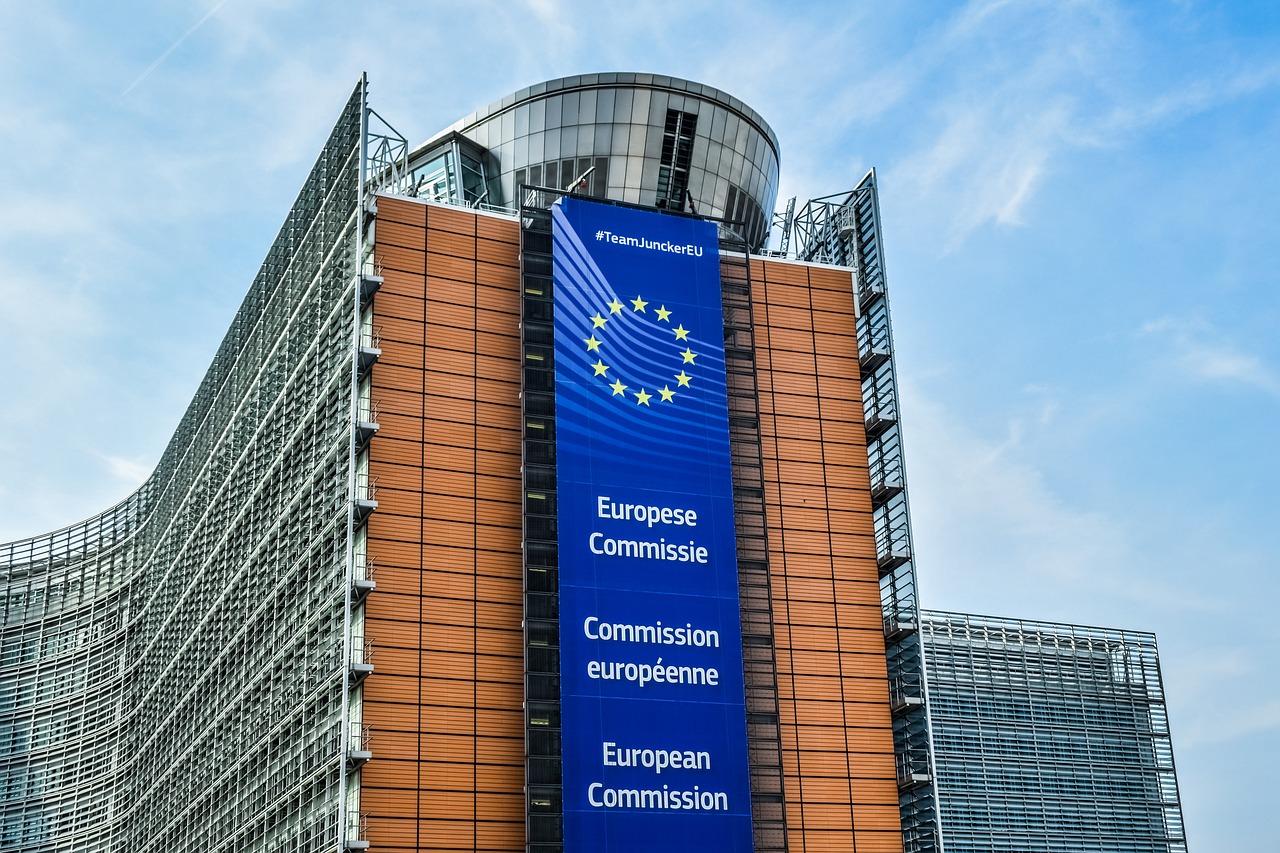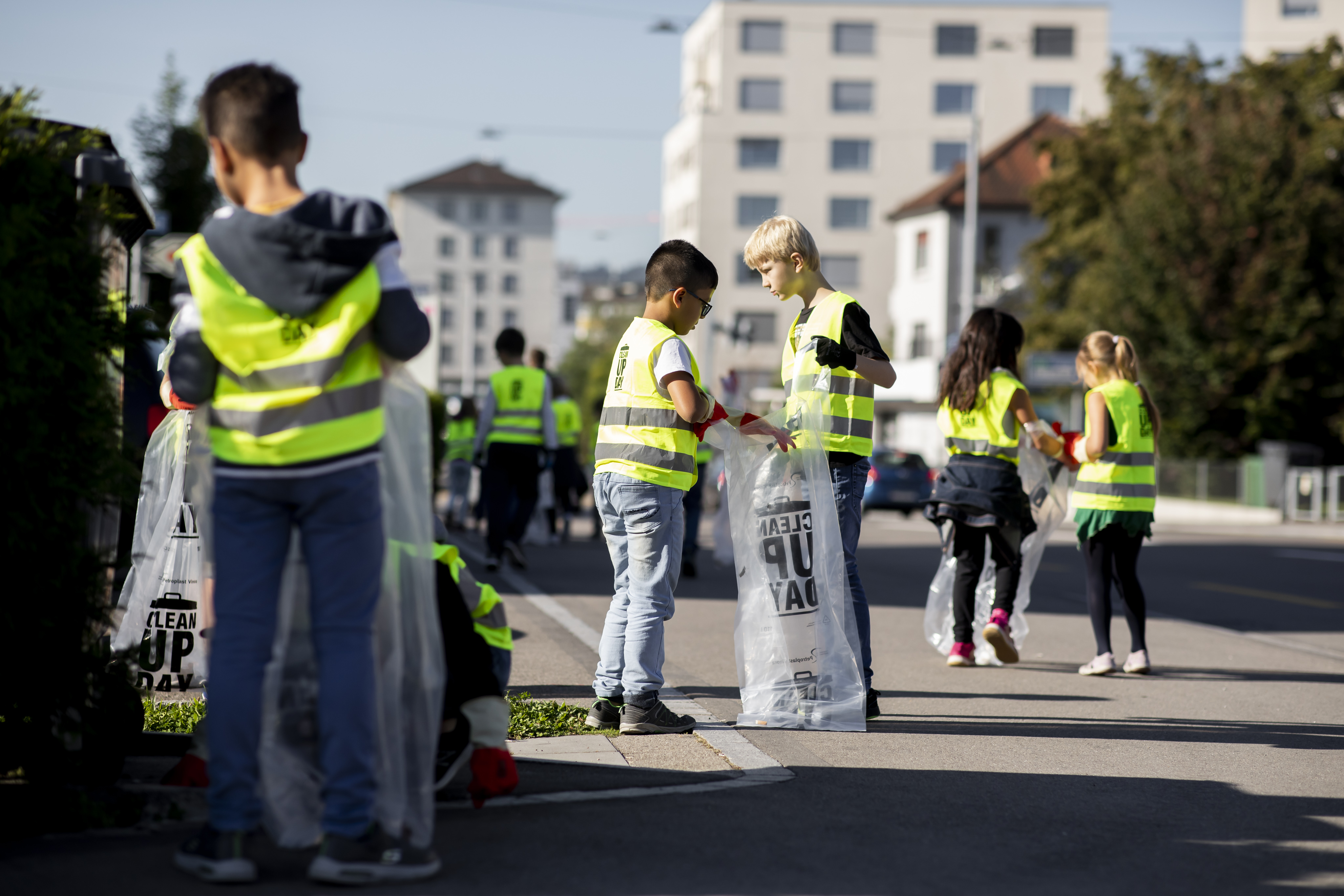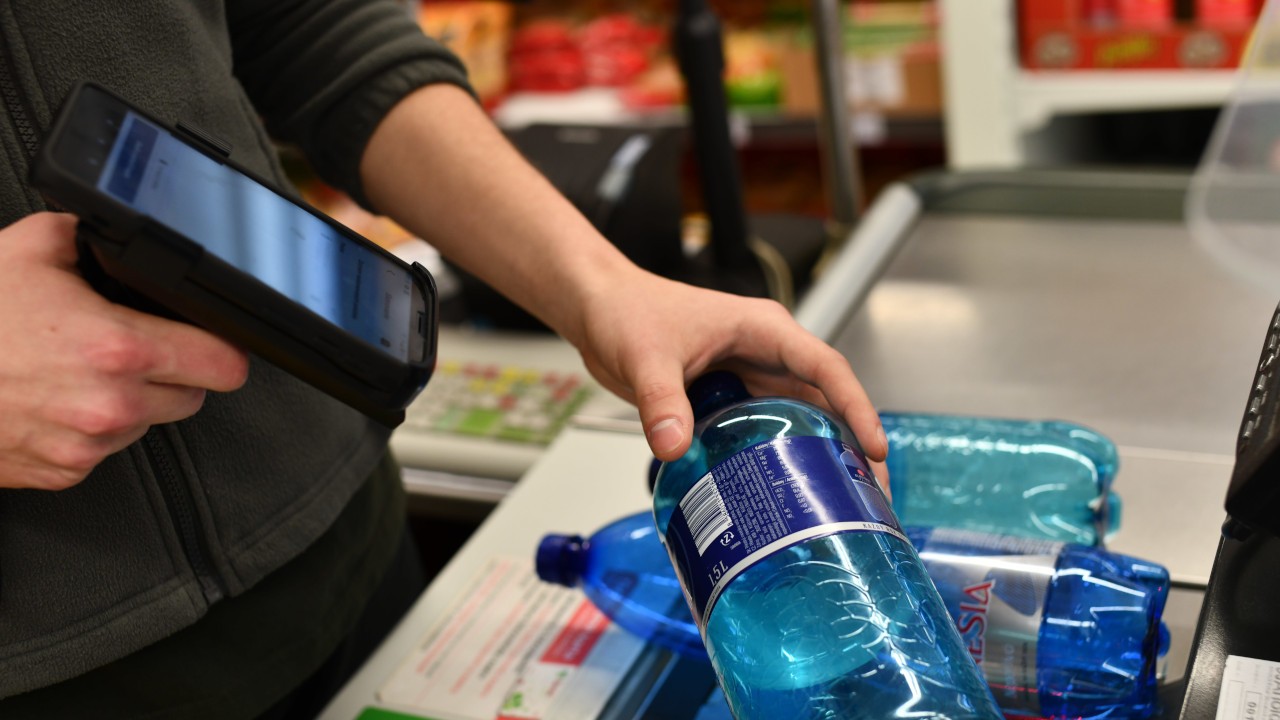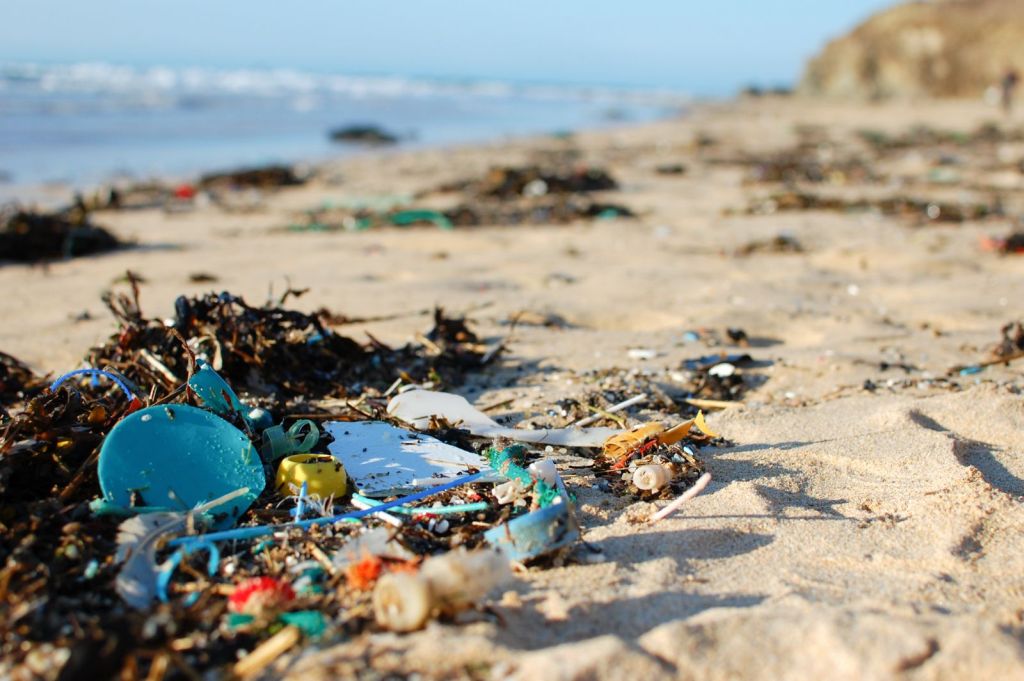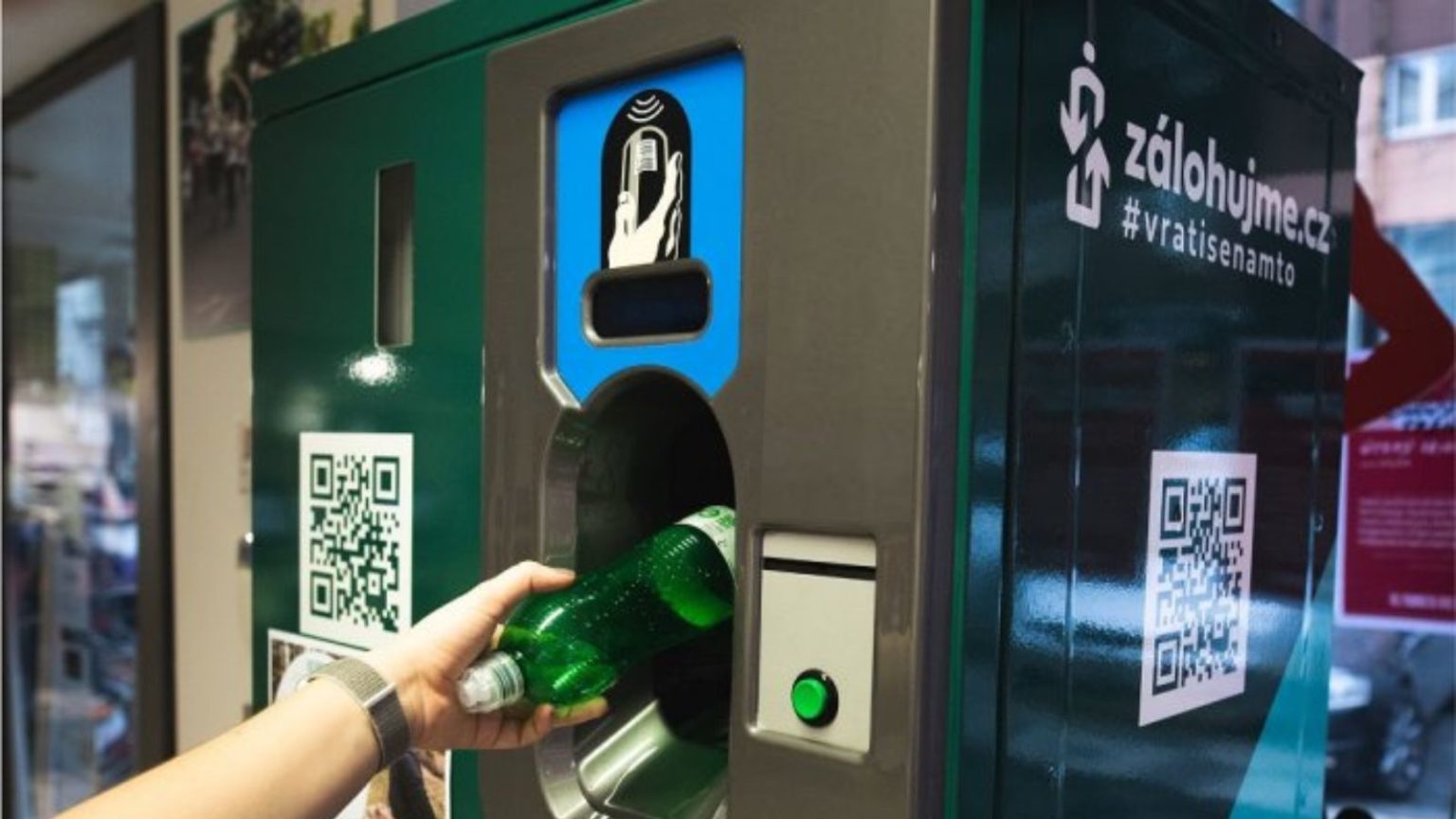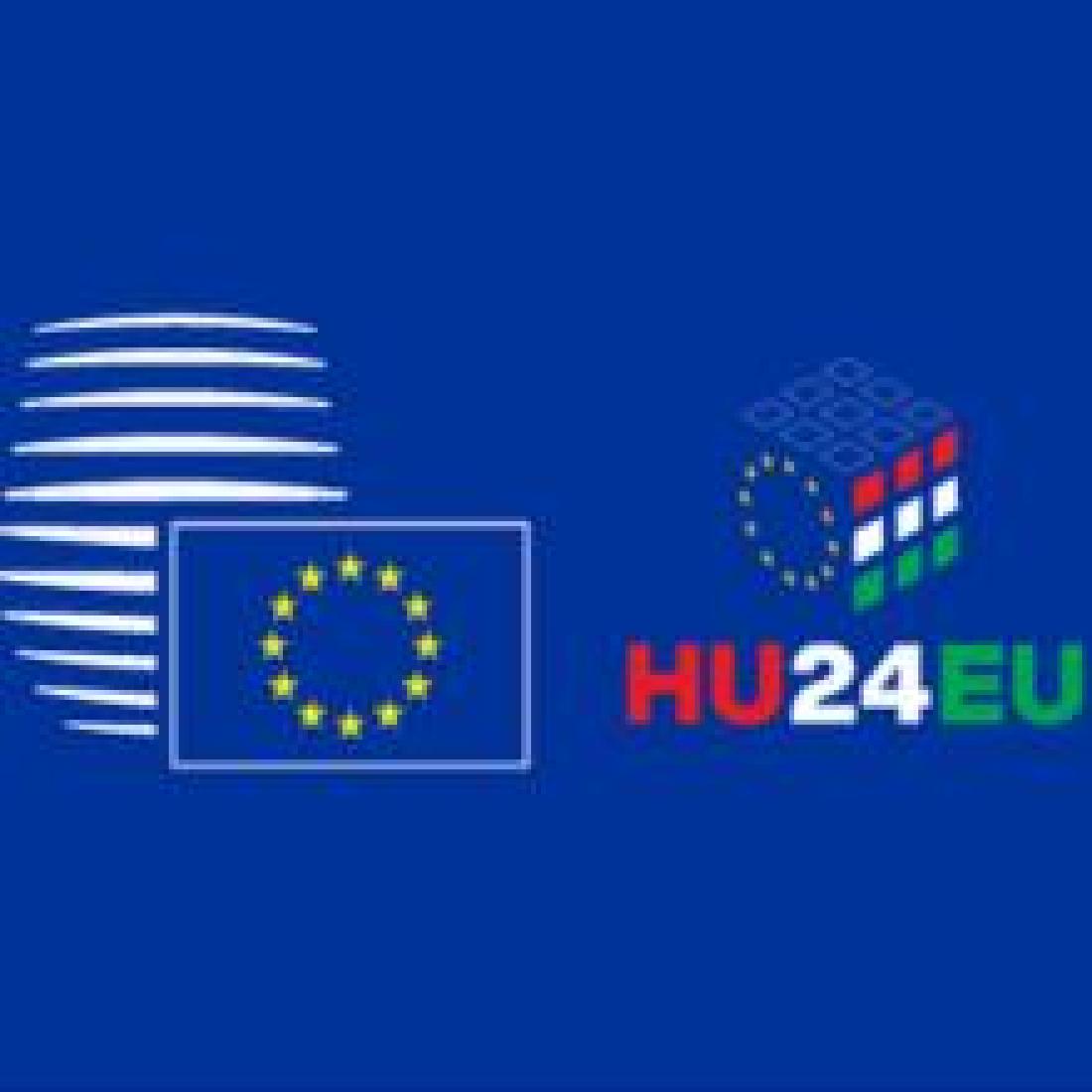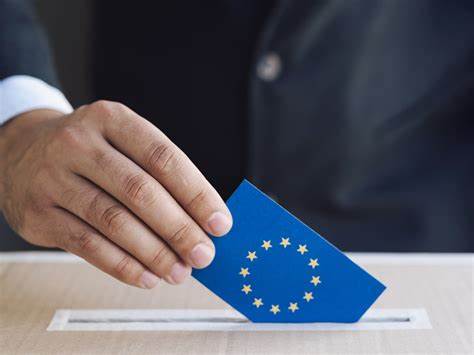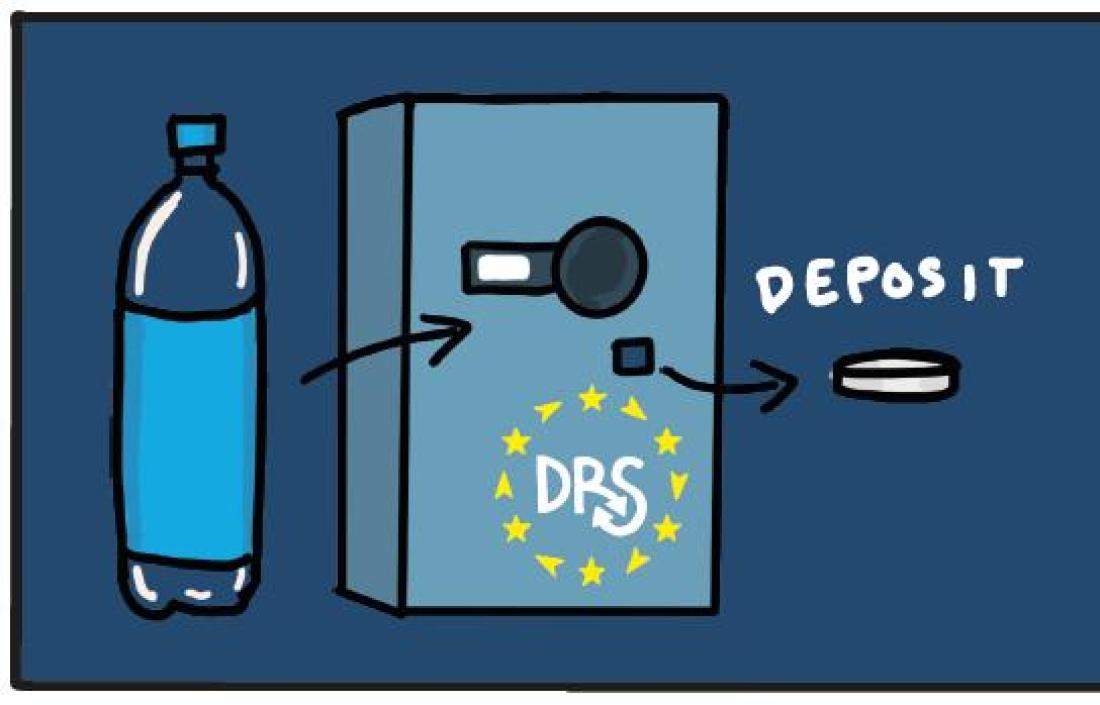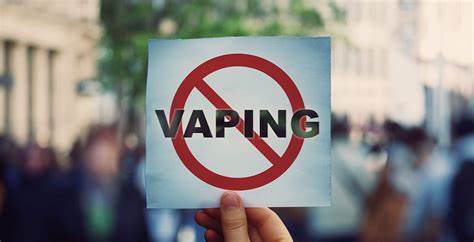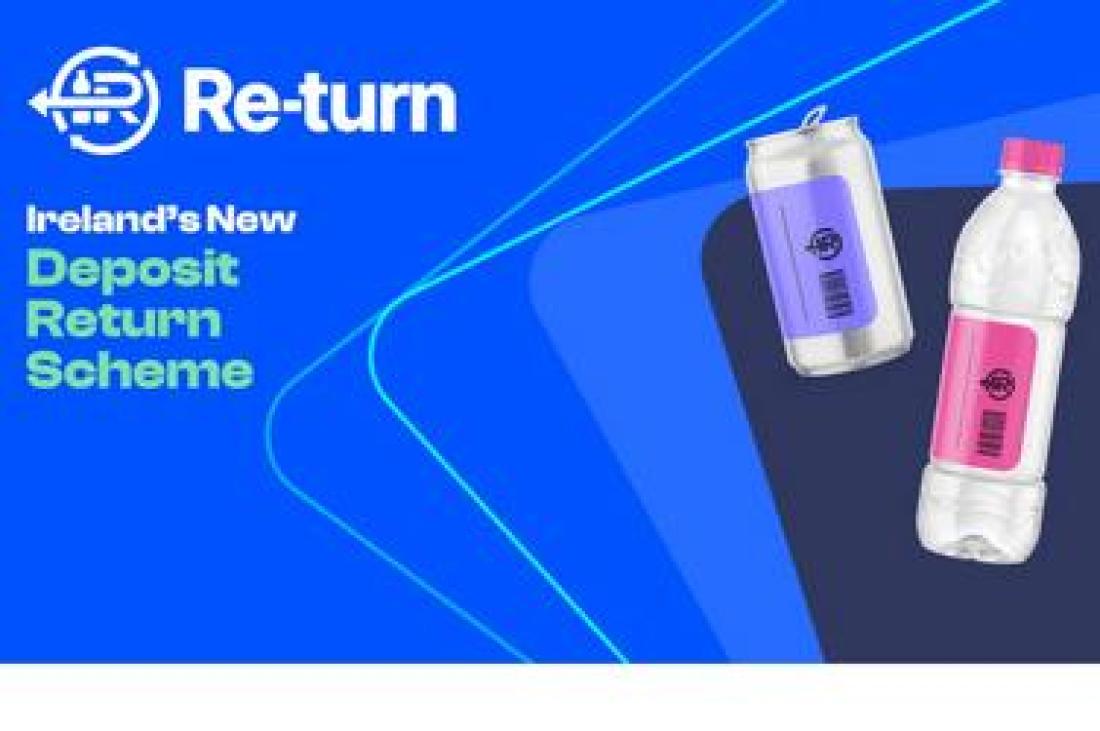
DRS in Ireland leads to reduced can and plastic bottles litter
Background
In February 2024, Ireland introduced “Re-turn”, a deposit return scheme for plastic bottles and aluminium cans as part of implementing the Single-Use Products (Plastics) Directive. The Irish Business Against Litter (IBAL), established in Dublin, is an association of companies that are promoting a litter-free environment. An Taisce conducted a national littering survey, on behalf of IBAL, to assess the impact of the DRS in 40 cities and 500 sites across Ireland, focusing on cans and plastic bottles (see here). Irish cities and sites were classified in four categories based on their levels of littering/cleanliness:
- Cleaner than European Norms
- Clean to European Norms
- Moderately Littered
- Littered
Results
The survey revealed that 23 of 40 towns in question fell into the first (“Cleaner that European Norms”) or second level of cleanliness (“Clean to European Norms”), indicating an improvement in cleanliness compared to previous years. In parallel, there was a roughly 35% reduction in the number of cities classified as “Littered”.
Conor Horgan, representing IBAL, noted that while some areas, such as the Dublin City Centre, showed no improvement in terms of cleanliness, there was nationwide progress in terms of reduction of litter. According to the association, there is almost a 30% drop in the numbers of can-related litter whereas for plastic bottles, even though they were less common than in previous surveys they remain one of the most prevalent forms of litter on the streets.
Horgan attributes the efficiency of the DRS in reducing litter to several factors. Firstly, the monetary incentive encourages people to return cans and bottles. Secondly, the systematic habit of participating in the DRS helps citizens change their behavior, rejecting the notion of non-returnable items.
However, it was noted that since the DRS in Ireland does not yet apply to glass bottles, beer bottle litter was found at 10% of all sites. Coffee cups were found at 20% of the 500 sites, while cigarette butts were the most persistent form of litter, appearing at 31% of all sites.
Conclusion
Undoubtedly, these encouraging results from Ireland are welcomed and they highlight the important role of DRS in reducing litter. Nevertheless, we should not allow this success to suggest that the fight against litter is over. In fact, in many countries where DRS has been established, the collection rates are high but bottles and cans still get littered. Therefore, we should remain vigilant and keep seeking the best practices to reduce litter of any kind.
The Secretariat will keep you informed for any updates on this issue.
